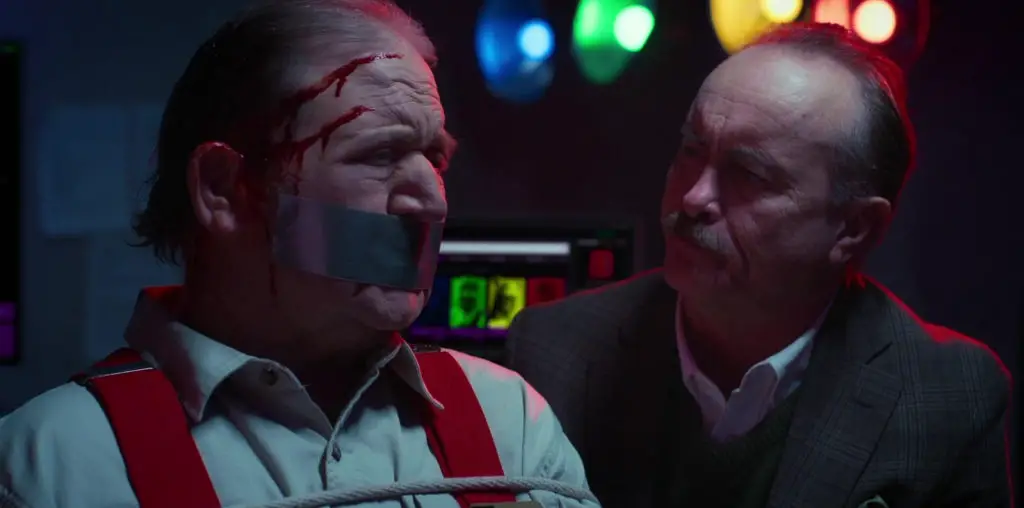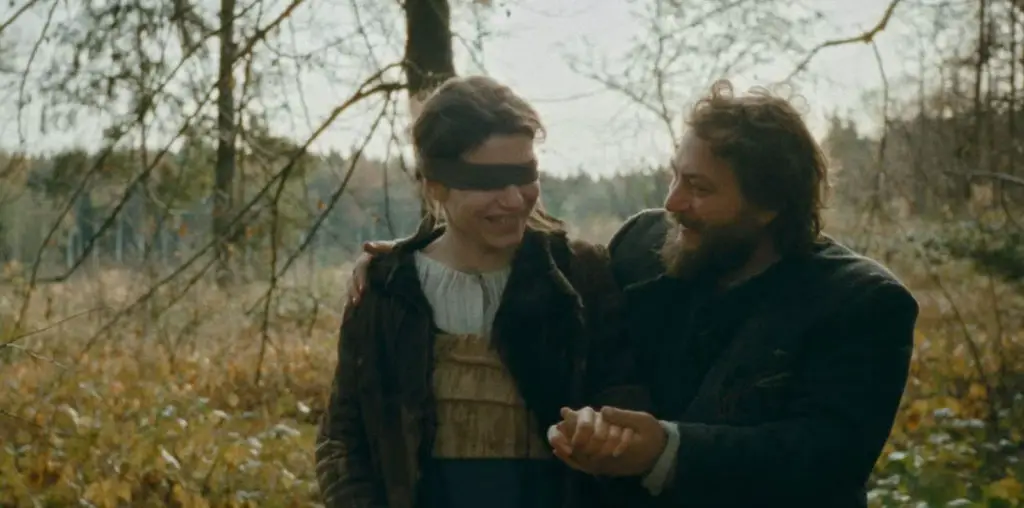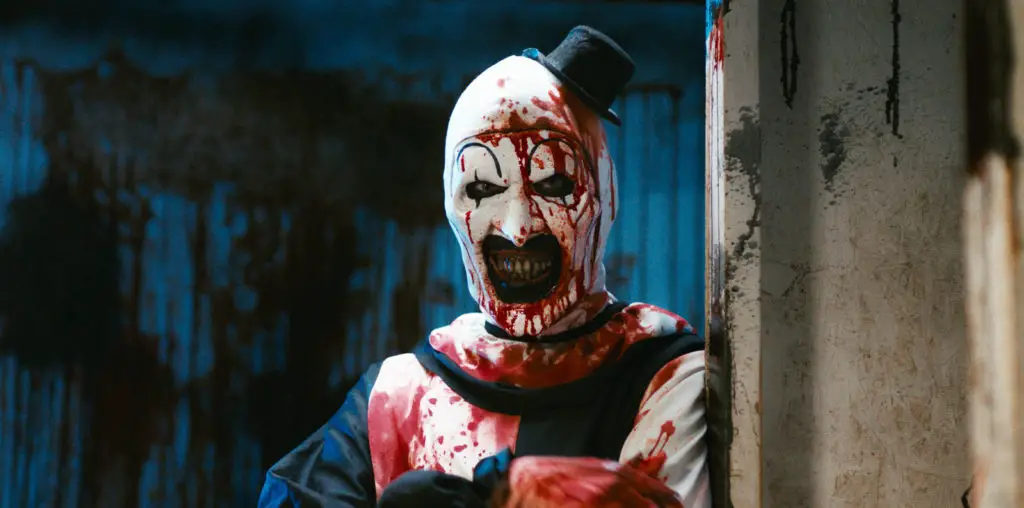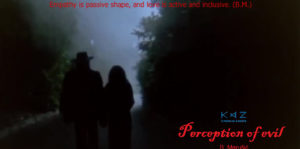
Bartul Marušić’s The Devil’s Nest – Perception and Philosophy of Evil is a work of power—one that many will find difficult, even traumatic, to endure. It is a true tour of a universal chamber of horrors around us, behind closed doors, and in some human eyes. For some, it will be unwatchable. I do not make this claim lightly as so-called intense horror, The Serbian film, Italian Cannibal genre, Torture porn, Underground films, and Video Nasties, hold nothing to this work. Those who persist, watching in full or in stages, will have an uncompromising philosophical debate within themselves as to what evil is, how it presents itself, and how we fail—repeatedly and collectively—to confront it.
I had to stop multiple times during my viewing and spread it over sessions. Even then, the images, the real graphic war footage of people screaming with missing limbs, were too much. The film is constructed like a visual thesis—part documentary, part philosophical essay—layered with piano music.
Marušić’s premise is simple, yet unsettling: evil is not an aberration—it is a recurring, visible, and sometimes even accepted part of our history. It is something that persists not merely because of monstrous individuals but because of societal blindness, moral rationalization, and an overwhelming desire to look away. In this sense, The Devil’s Nest is not merely a film; it is an indictment of the viewer who is watching it, as Bartul Marušić himself on screen remarks in the film opening ‘If this film does not impress you, then you have something wrong.”
The film draws heavily from real historical footage. And while some of it is censored, perhaps due to copyright with black frames, blurred faces, obscured blood, and sudden cuts, the material is still devastating. Included are clips of real executions, acts of violence, and disturbingly, what appears to be authentic footage of children being beaten. These are not dramatizations. They are raw documents of human cruelty, presented without commentary in moments, and with philosophical reflection in others. Even in its censored form, it is overwhelming.
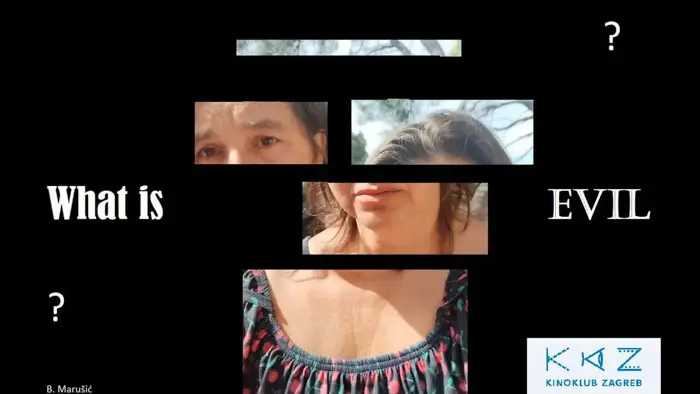
“Marušić juxtaposes these harrowing visuals with the serene beauty of isolated mountain ranges…”
Marušić juxtaposes these harrowing visuals with the serene beauty of isolated mountain ranges, fog-covered landscapes, and distant villages filmed by drone.
The narration is measured, sometimes too quick and intellectual, bordering on lecture style or presenting an academic thesis, which may not be accessible to some viewers.
The film references thinkers that I noted down, such as Hannah Arendt (particularly her notion of the “banality of evil”), Friedrich Nietzsche, and Georges Bataille. Marušić suggests that evil is not always spectacular; it is often mundane, administrative, and committed by ordinary people under the sway of systems, ideologies, or simply habit. But he also delves into the more primal aspects of cruelty—those moments where violence is inflicted with joy, or worse, with indifference.
One of the film’s more disturbing elements is how it implicates the viewer. We are not just watching evil—we are participating in its consumption. Marušić poses hard questions: Why do we watch this? What do we gain from seeing it? When does documentation become exploitation?
There are no easy answers, and Marušić doesn’t pretend to offer them. This work does what every dangerous, brilliant film, piece of art, or literature should do, which is to provoke a reaction, discussion, and unsettle the status quo. It’s not a film to enjoy, it’s a film to endure, reflect upon, and perhaps regret having seen, even as you feel it was necessary. This is not ‘roller coaster horror ‘that some take on for some sense that they survived it and can tell their friends. The Devil’s Nest – Perception and Philosophy of Evil will blacken your soul
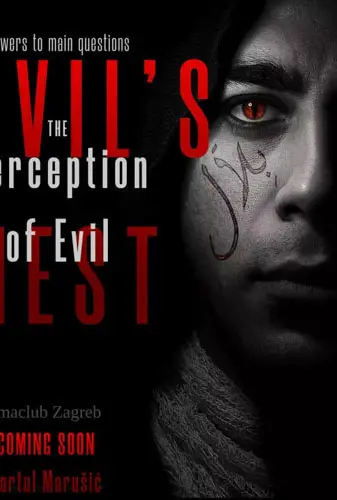
"…Even then, the images, the real graphic war footage of people screaming with missing limbs was too much ."
